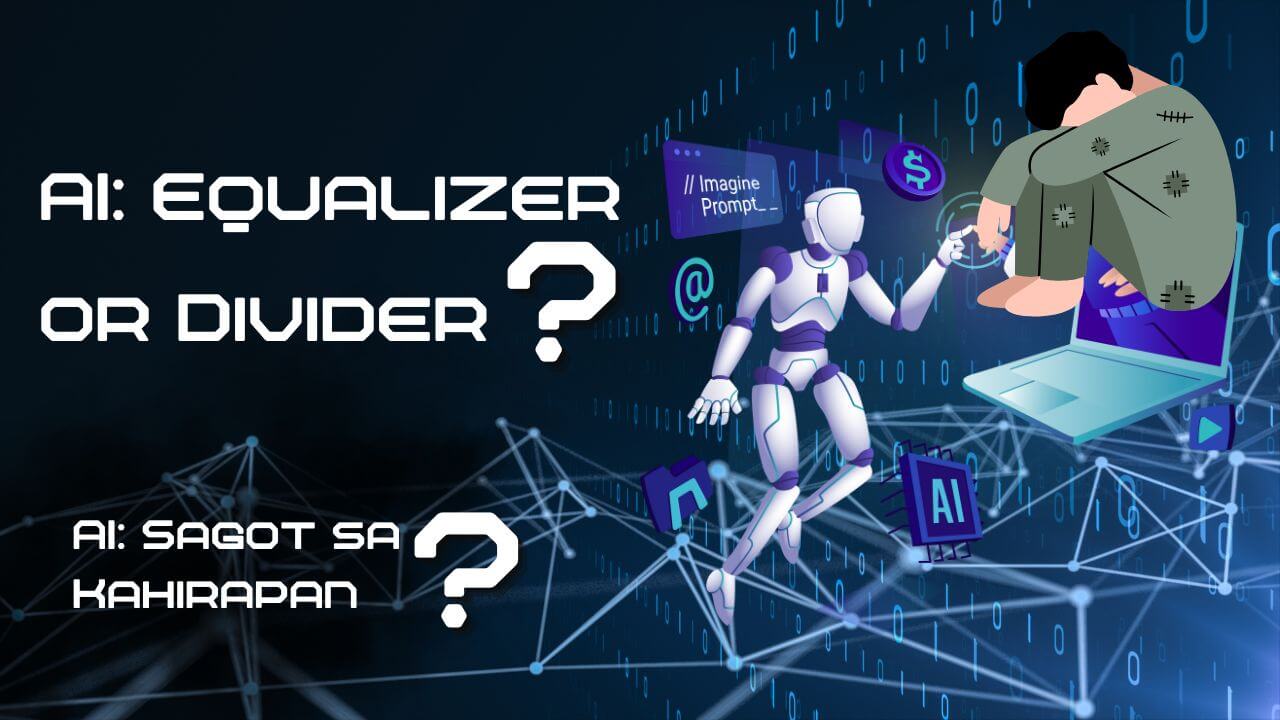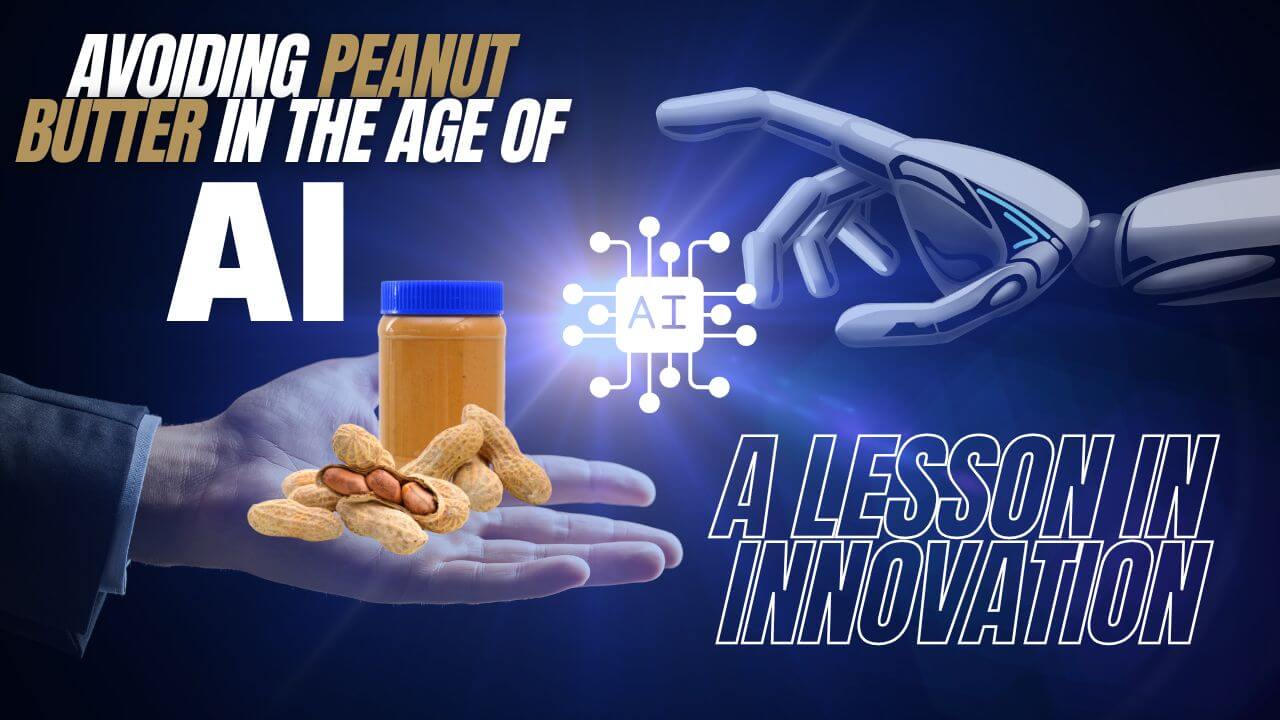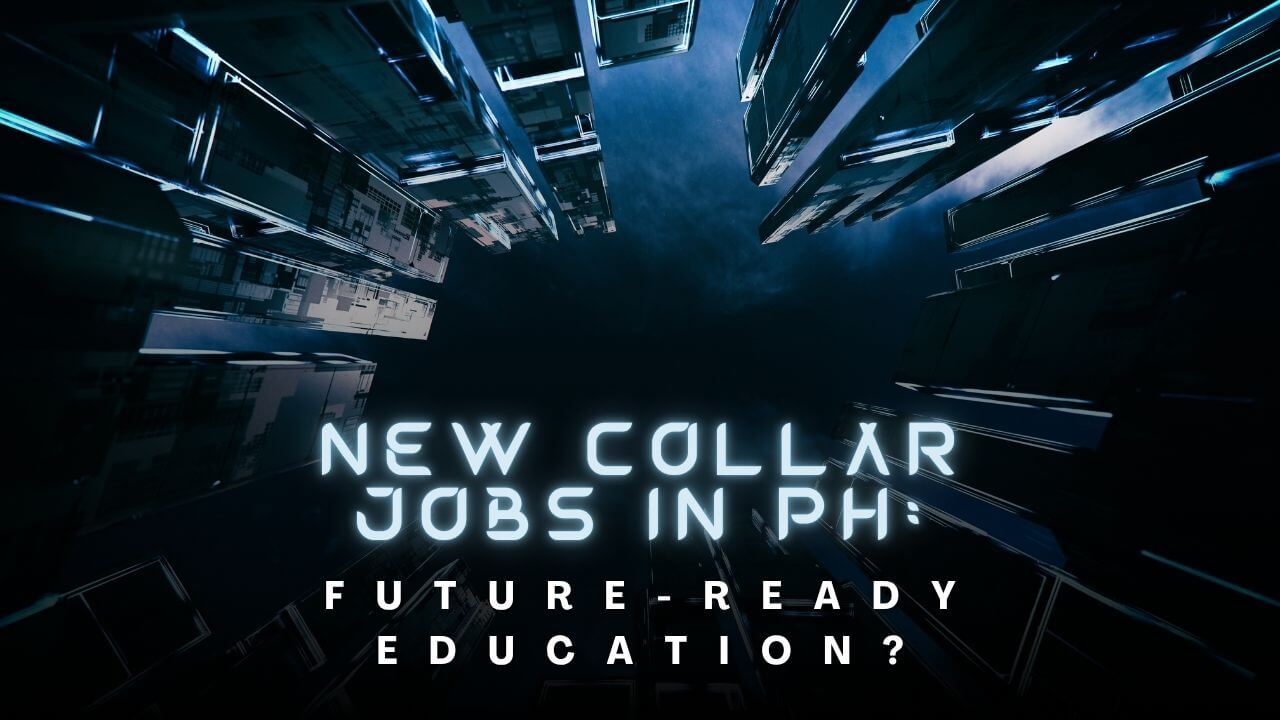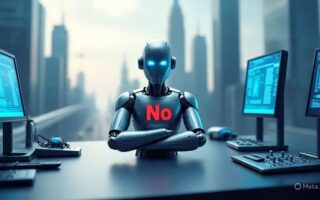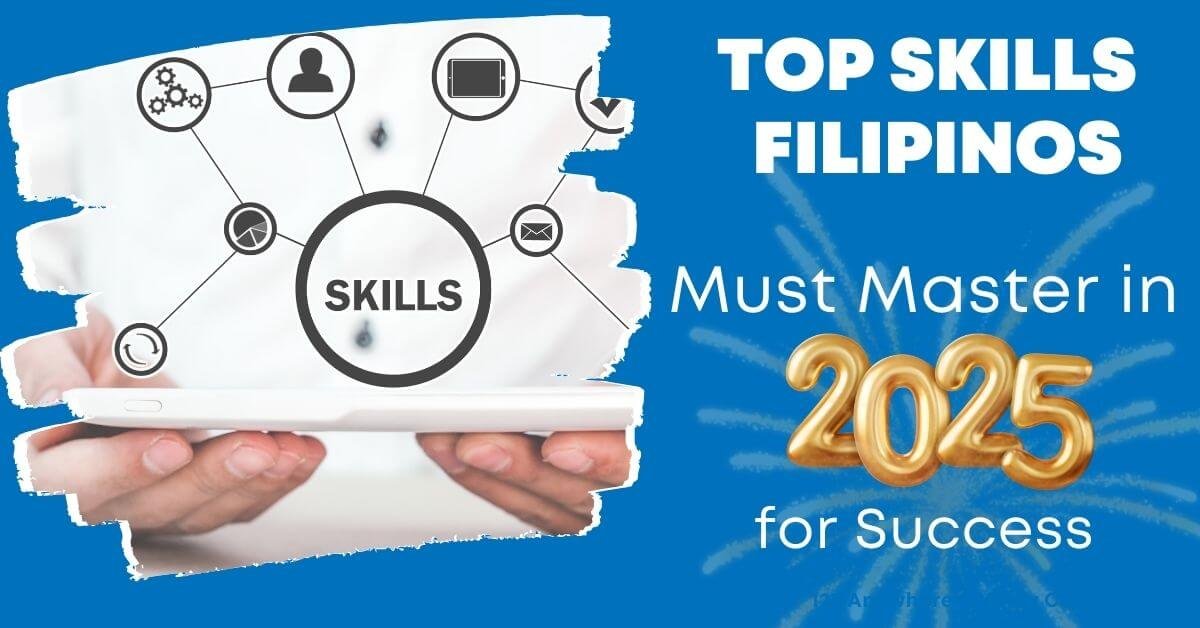For decades, the Philippines has been trapped in a predictable cycle where the poor become poorer as their numbers grow, while the rich get richer and the margin widens. This isn’t new—it has been our reality long before artificial intelligence entered the conversation. But now, as AI reshapes global economies, we face a pivotal question:
Will this technology finally break our cycle of inequality, or will it cement it permanently?
The answer isn’t predetermined. It depends entirely on the choices we make today.
The Double-Edged Reality of AI in the Philippines
The Philippines finds itself in a unique position. Despite being a developing country, it has been cited as an early adopter in the artificial intelligence space, outpacing its level of technology readiness. This early adoption advantage could be our greatest opportunity—or our most dangerous trap.
Google’s economic impact report projects PHP 2.8 trillion in benefits from AI by 2030, while the Generative AI market in the Philippines is projected to grow by 46.47% from 2024-2030, reaching a market volume of US$1,397 million. These numbers sound promising, but they mask a critical question:
Who will capture these benefits?
The Inequality Trap AI Could Worsen
Global research presents a sobering warning: The rise of AI could exacerbate both within-country and between-country inequality, with high-income individuals and regions standing to benefit disproportionately, while lower-skill workers and resource-poor regions risk being left behind.
In the Philippine context, this translates to a frightening scenario:
- Wealthy families in imperial Manila will leverage AI to multiply their business capabilities, automate their operations, and access global markets with unprecedented efficiency.
- Meanwhile, a sari-sari store owner in rural barangays of Visayas and Mindanao might not even have reliable internet access, let alone the digital literacy to understand what AI could do for their business.
As AI technology continues to evolve rapidly, those without the digital tools to participate in this revolution will fall further behind, because the digital economy only exists for those who are connected to it.
The Stark Reality of Our Digital Divide
The barriers are real and documented:
- Limited digital infrastructure, particularly in rural areas, represents a major challenge, with many MSMEs lacking awareness of AI and its potential applications.
- Only one in five firms demonstrate meaningful AI adoption, and adoption rates vary widely across industries, regions, and firm sizes.
- Broadband penetration remains weak, making AI integration nearly impossible for businesses outside urban centers.
This uneven adoption pattern could create a new form of economic apartheid, where AI-enabled businesses dominate while traditional enterprises become obsolete.
The Rewrite Opportunity: How AI Could Change Everything
Despite these challenges, AI presents unprecedented opportunities to rewrite our economic narrative:
1. Democratizing Access to Expertise
A talented programmer in Bohol can now compete directly with developers in Silicon Valley. AI tools can help them write better code, debug faster, and build applications that would have required entire teams just years ago. Geographic location becomes irrelevant when talent meets AI-powered productivity.
2. Transforming Small Businesses
Studies show that PHP 809 billion (USD 14.5 billion) of annual GDP can be added by 2030 through narrowing the digital skills gap via AI training. A small retailer can use AI for inventory management, customer service, marketing, and financial planning—capabilities previously exclusive to large corporations.
3. Bridging Educational Gaps
AI is being used to bridge gaps in education and healthcare, providing personalized learning experiences that adapt to individual needs. A student in remote Palawan could access AI tutors that provide the same quality of education as expensive private schools in Metro Manila.
The Philippine Advantage: Why We Could Win
We have several factors working in our favor:
✅ English Proficiency – Most AI tools are optimized for English, giving Filipinos immediate access without waiting for localization.
✅ Service Economy Foundation – Our existing strengths in BPO, healthcare, and education can be supercharged with AI capabilities.
✅ Mobile-First Population – Most Filipinos access the internet through smartphones, and AI applications optimized for mobile could reach millions instantly.
✅ Cultural Adaptability – Filipinos have consistently shown a remarkable ability to adapt to new technologies and find creative applications.
The Critical Decision Point
We’re at a crossroads. The government recognizes the need for strategic initiatives to close adoption gaps and foster more inclusive AI integration. But recognition alone isn’t enough.
The narrative can be rewritten, but only if we act decisively:
🚀 Infrastructure Investment – Reliable internet must reach every barangay. Without connectivity, AI remains a privilege of the urban elite.
🚀 Education Revolution – Digital literacy and AI awareness must become as fundamental as reading and writing in our educational system.
🚀 Policy Innovation – We need regulations that encourage AI adoption among small businesses while preventing exploitation of workers.
🚀 Private Sector Leadership – Companies must be incentivized to create AI solutions that serve the broader population, not just affluent markets.
The Window Is Closing
The opportunity exists now, but it won’t last forever. Countries that establish AI leadership early will capture disproportionate benefits. Those that lag will find themselves permanently disadvantaged in the global economy.
The question isn’t whether AI will impact economic inequality in the Philippines—it already is. The question is whether we’ll shape that impact or become victims of it.
Technology doesn’t automatically democratize opportunity. It amplifies existing advantages unless we deliberately design it to do otherwise.
The Philippine narrative can be rewritten. AI can break the cycle where the poor get poorer while the rich get richer.
But only if we choose to make it happen.
The tools exist. The opportunity is real. The only question remaining is:
Do we have the collective will to seize it?
Conclusion: AI Isn’t Just a Tool—It’s a Choice
The opportunity exists now, but it won’t last forever. Countries that establish AI leadership early will capture disproportionate benefits. Those that lag will find themselves permanently disadvantaged in the global economy.
The question isn’t whether AI will impact economic inequality in the Philippines—it already is. The question is whether we’ll shape that impact or become victims of it.
Technology doesn’t automatically democratize opportunity. It amplifies existing advantages unless we deliberately design it to do otherwise.
The Philippine narrative can be rewritten. AI can break the cycle where the poor get poorer while the rich get richer.
But only if we choose to make it happen.
It sucks to be poor in the Philippines. But sometimes, the poor pick their own peanut butter—sticking to the same routines, the same limitations, and the same mindset. The AI era presents a choice: stay stagnant or evolve.
Because in this new world, being stupid is a matter of choice—so is staying poor. AI can empower, uplift, and transform, but only for those willing to embrace it.
The tools exist. The opportunity is real. The only question remaining is:
Do we have the collective will to seize it?
At AIWhyLive.com, we challenge assumptions, explore AI’s impact, and push for innovation that benefits everyone—not just the privileged few.
Sources
- Center for Global Development: “Three Reasons Why AI May Widen Global Inequality”
- Access Partnership: “Economic Impact Report: Growing the Philippines’ AI opportunity with Google”
- Yondu: “The State of Artificial Intelligence in the Philippines”
- PIDS: “Digital divide, lack of awareness hinder AI integration in Philippine businesses”
- “Avoiding Peanut Butter in the Age of AI: A Lesson in Innovation”
- “AI Makes Me Stupid (And I Love It)”
